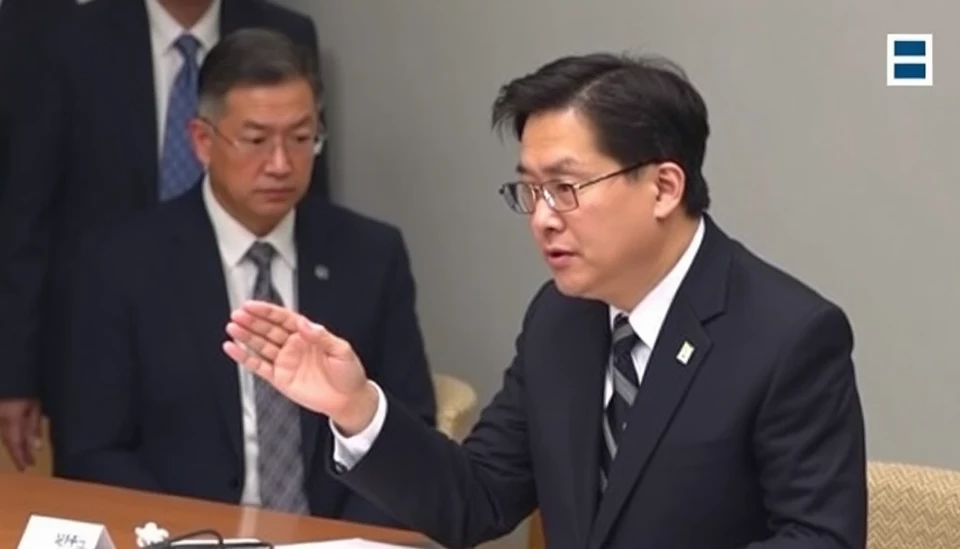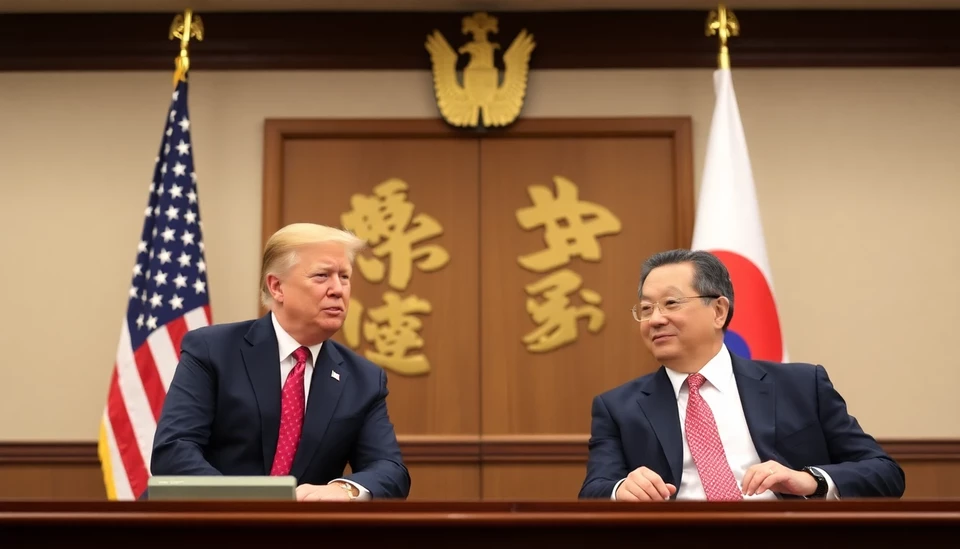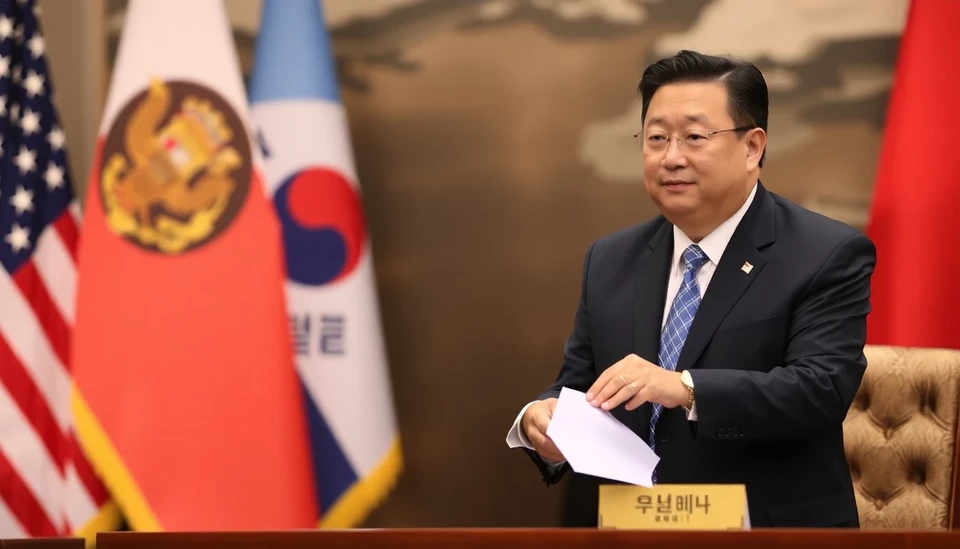
In a dramatic turn of events, South Korean President Yoon Suk-yeol has narrowly escaped an impeachment vote orchestrated by opposition factions within the National Assembly. This pivotal development has sparked concerns over escalating political turmoil and raised questions about the stability of his administration amid economic struggles and a polarized political landscape.
The impeachment motion, which was triggered by accusations of Yoon's mishandling of various domestic issues, including corruption allegations, failed to secure enough support in the Assembly. Lawmakers from the ruling People Power Party (PPP) rallied to Yoon's defense, preventing what could have been a significant blow to his presidency. However, the close call highlights the fractious nature of South Korean politics, wherein deep divisions between conservative and progressive parties continue to foster an environment of instability.
Yoon's administration has faced significant headwinds since his inauguration. The effects of economic stagnation, rising inflation, and international tensions, particularly concerning North Korea, have underscored his challenges in governance. Critics argue that Yoon's leadership style has exacerbated polarization within the country, alienating large segments of the population and limiting his ability to unite the government.
Following the failed impeachment attempt, Yoon’s supporters view this moment as an opportunity to regroup and refocus efforts on addressing pressing economic issues and regional security threats. Conversely, opposition parties are seizing the moment to galvanize their base, calling for greater accountability and transparency from Yoon's government.
Political analysts suggest the current situation presents a precarious scenario for South Korea. As the opposition ramps up its criticism, public sentiment is increasingly volatile, setting the stage for potentially more intense battles in the Assembly and on the streets. The political climate is not only affecting national governance but is also impacting social cohesion as protests and counter-protests intensify across various urban centers.
Looking ahead, the political landscape for Yoon remains fraught with uncertainties. With ongoing economic concerns and mounting pressure from adversarial political factions, the President's ability to stabilize his administration could be further tested in the coming months. If unrest escalates or further impeachment attempts are initiated, South Korea may see a shift in the balance of power, not just in the Assembly, but throughout the country.
As the situation unfolds, all eyes will be on Yoon's next move and whether he can steer South Korea away from the brink of greater political upheaval.
#SouthKorea #YoonSukYeol #Politics #Impeachment #NationalAssembly #GovernmentInstability #EconomicIssues #Protests #PoliticalTurmoil #OppositionFactions #LeadershipChallenges
Author: Rachel Greene




